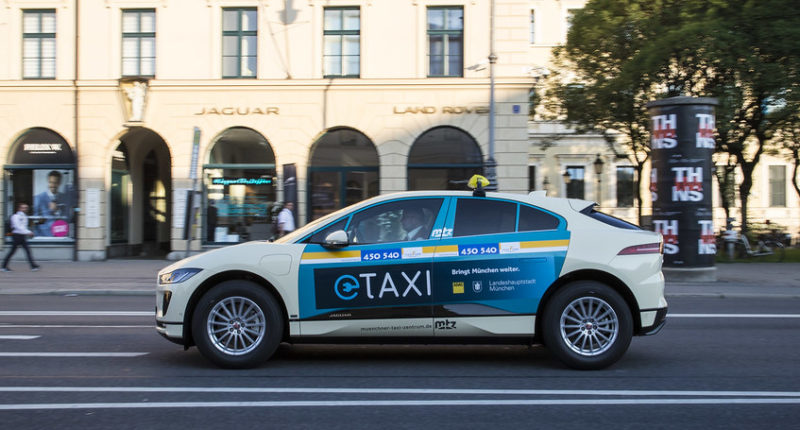In a regulation aimed at boosting India’s ambitious electric vehicle push, the Government is now planning to put on a mandatory electric fleet capping on taxi aggregators like Uber and Ola. The same has been revealed in Reuters report, which cites Government sources and official minutes of a meeting related to the regulation. The mandatory capping is expected to be close to 40% of all fleet that these cab aggregators operate.
The document accessed by Reuters further reveals, that Uber and Ola would need to start converting their fleet as early as next year to achieve 2.5% electrification by 2021, 5% by 2022, 10% by 2023 before hiking it to 40%. Both Uber and Ola are backed by common majority investor, Softbank Corp.
The Government push is likely a cause of two factors. One, India in the past five years has tried to emerge as the torchbearer of climate reforms, an area which the country has been blamed for neglecting for quite some time. Be it the newly formed Solar Alliance, or the final acceptance of Paris agreement, India is projecting an image of a responsible emerging economy.
Second, India’s biggest import is the vast amount of oil that the country guzzles. Pushing for an all-electric fleet would help in significantly reducing that import bill. The country;s electric infrastructure has also seen remarkable improvement in past few years, largely done in order to pave way for such game-changing reforms.
For companies like Uber and Ola, this won’t be the first time they will be pushing for electric taxi fleet in India. Ola specifically, has had multiple instances of renewed push for electric taxis. A more recent effort was company’s spinning off of its electric vehicle unit as a separate entity named Ola Electric. An initial funding of $56 Million was also provided to the company by parent Ola. No specific effort on this end has been seen from Uber in India, though it is looking at such options in the western markets.
According to the cited Reuters report, Indian think-tank Niti Aayog, chaired by Prime Minister Narendra Modi and which plays a crucial role in policymaking, is working with several ministries on the new policy.
In a meeting in New Delhi on May 28, Niti Aayog officials and the ministries of road transport, power, renewable energy and steel, as well as the departments of heavy industries and trade, were among those recommending taxi operators in India gradually convert to electric.
They also recommended that all new cars sold for commercial use should only be electric from April 2026, a change that would also apply to Uber and Ola.





